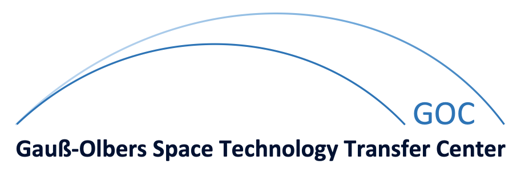Motivation:
Scheduling is a key technology of nowadays packet data based communications systems since it combines efficient channel access with service requirements. While scheduling principles for high data rate services are well understood and meanwhile implemented in communications systems such as HSDPA and LTE/LTE-A, there is currently a strong need to analyze schedulers for Internet-of-Things applications and smart factory wireless communications such as Industry 4.0, both being addressed by 5G.
Objective:
The key objective of this thesis is to analyze state-of-the art scheduling principles such as max/min, round robin and proportional fair. Compared to current state-of art communications designed for high-data rates and a low number of serving users per base station, 5G requires the connection of a base station with a massive number of sensors and actors by delivering short packages, a low data rate, and, especially a low latency. Consequently, performance investigations need to be carried out of state-of-art scheduling for these novel transmission requirements.
The work is part of a collaborative project with other German research institutes and the results being worked out are disseminated by reports and publications.
Requirements:
To successfully process the thesis, knowledge of Communication Technologies, Wireless Communications, math (optimization) and programming skills in Matlab are essential. |







